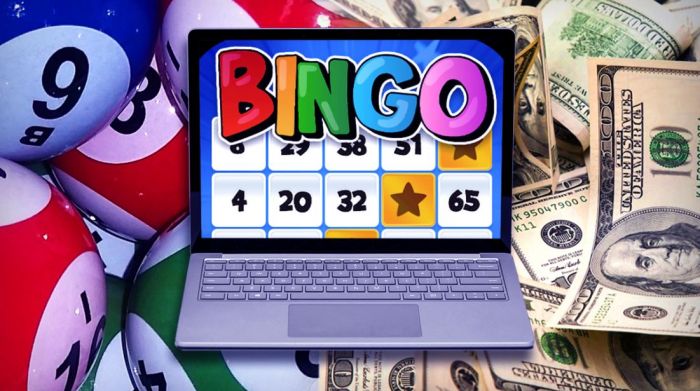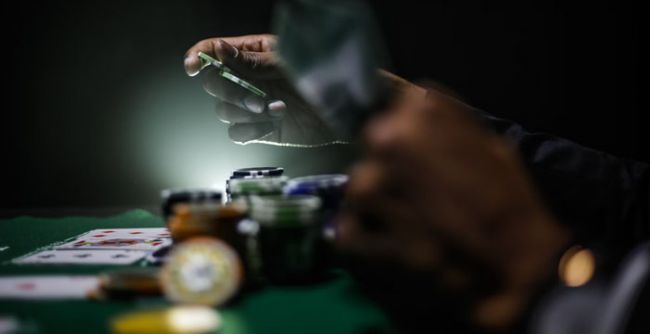Whether you’ve enjoyed a few rounds in your local hall or played some games online at home, you might be curious about where bingo started. How has it grown to become what it is today?
What began as a simple pastime has developed into a beloved British staple. Let’s take a look at how bingo has evolved in the UK and where it might go next.
The origins of bingo

The roots of bingo stretch back to the 16th century, when a precursor became popular in Italy before spreading across Europe. It made its way to the British Isles in the centuries that followed, where it was eventually embraced as a fun and easy-to-learn activity.
The modern version we know today took shape in the mid-20th century and began to be played in halls across the country. It didn’t take long for people to gather in large numbers and enjoy the social aspect as much as the thrill of the game.
Bingo through regulatory changes and economic impacts
As these types of games became more popular, the need for regulation grew. In 1960, the UK government passed the Gaming Act, which introduced licensing and tighter controls to ensure fairness and safety in the game. This was a turning point for bingo halls across the UK, providing a legal framework for operators.
By the 1980s and 1990s, player habits and societal trends had started to shift, and fewer people were visiting traditional halls. The rise of home entertainment options and increasing costs of running venues meant the industry faced challenges.
But the industry adapted and the introduction of electronic bingo machines breathed new life into the game.
The rise of online bingo
The internet age brought about a whole new chapter. Online bingo emerged and quickly gained traction as players enjoyed gaming from the comfort of their own homes.
Online platforms made it easy to play anywhere, at any time, and with more appealing themes. The convenience and accessibility gave it a fresh appeal and ensured there was still a social aspect. Many sites incorporated live chat features and community games, allowing players to interact.
What's next for bingo?
The game will inevitably adapt and evolve, as it has done for generations. Advancements in tech, including hyper-realistic virtual reality (VR) and augmented reality (AR), could offer players even more immersive gameplay. The physical hall experience could be brought back to life through technology.
We may also see new, interactive ways to play. Bingo games have started merging with elements from other forms of entertainment, such as video games and streaming services. Watch this space.
Post Comment
Be the first to post comment!
Related Articles




